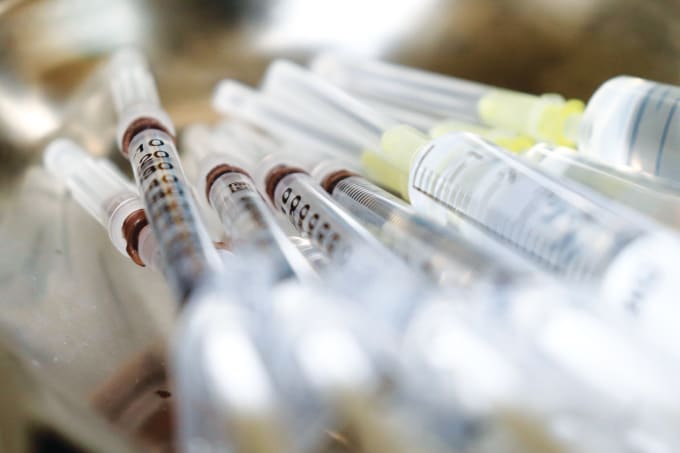How can companies lower the carbon footprints of clinical trials? Kayentis – which provides electronic clinical outcome assessment (eCOA) solutions – has given the matter some thought. According to their estimates, 70 percent of the company’s carbon footprint is linked to their eCOA projects – and over threequarters of this comes from the production of smartphones and tablets required for clinical sites. It’s clear that reducing the number of devices manufactured could make a big difference.
The company suggests that an online platform could be used to directly enter patient data, rather than stockpiling spare devices on each site. It also recommends that companies consider refurbished devices. The lifespan of a device is around four years, so refurbishing is a feasible solution for both short-term studies and replacing a device during the course of a study.
“Faced with the threat of climate change, every company and each individual has a key role to play in reducing the global carbon footprint,” Kayentis CEO, Guillaume Juge, said in a statement.





